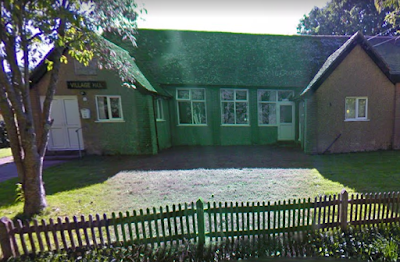In
January 1930, Mountfield Women’s Institute (Sussex) held an interesting meeting
at the local village hall. Mrs Egerton presided over a debate entitled
“Married Life v Single”
I
was very disappointed to read that married life took an easy victory, with the
single status receiving a paltry two votes. A sign of how difficult it must
have been to be single in those days, where one was typecast as sad, lonely and
having missed the boat. Strange that this was such a predominant view so soon
after the end of the Great War - a time when many had lost husbands, fiancés
and boyfriends and when women outnumbered men. The unmarried must have felt disillusioned with life. The freedom of a single status that we take for granted today just did not exist then, we really have come a
long way. I would definitely vote single and I know many other women who would
too.
On
a lighter note, Mrs Pike won the competition for the 6 best plain buns.
“The
meeting terminated with the singing of the National Anthem.”
 |
| Mountfield Village Hall - Scene of the Debate |
Comments
Post a Comment